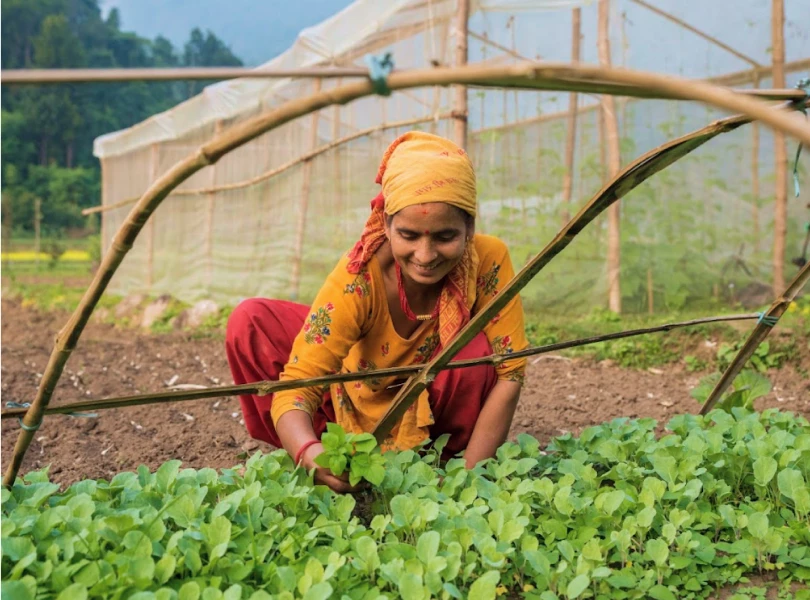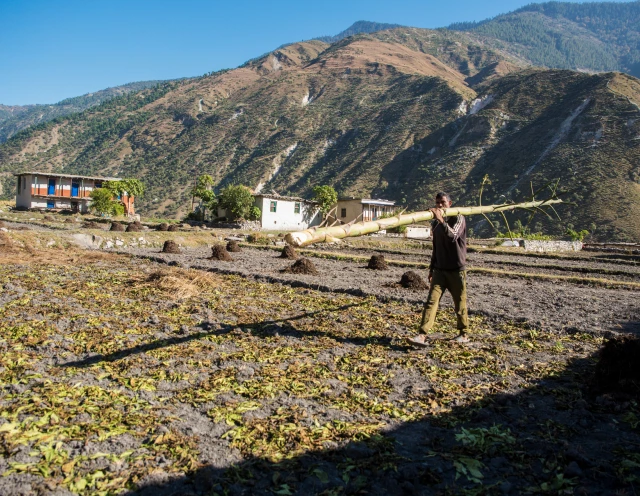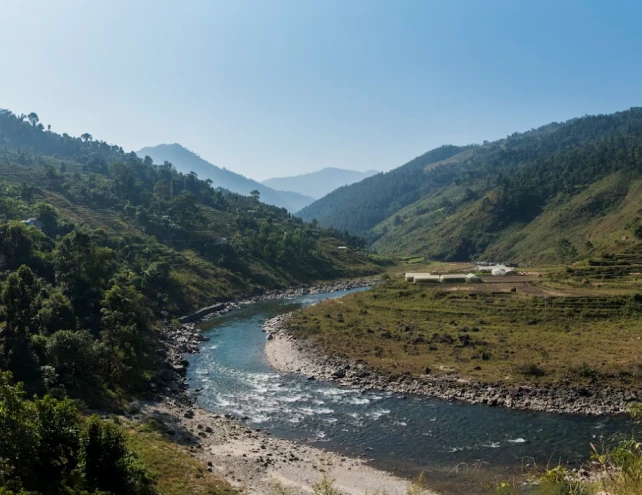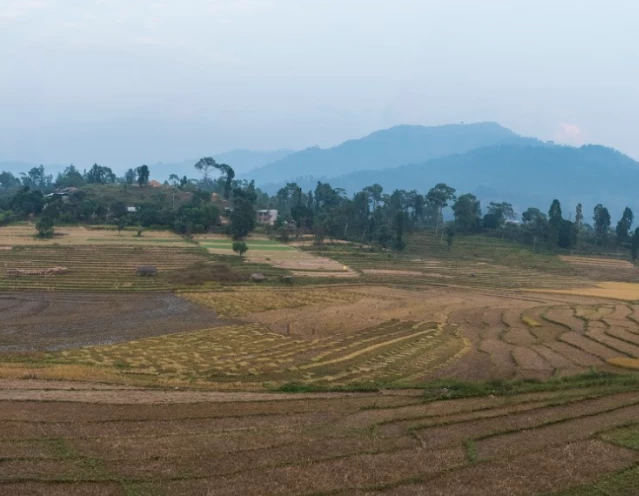Green Resilient Agricultural-Centred Private Sector Economic Development (GRAPE II)
Green Resilient Agricultural-Centred Private Sector Economic Development (GRAPE II) project works with the Government of Nepal to strengthen gender-transformative and climate-resilient economic development, with a focus on Karnali, Sudurpashchim, and Koshi provinces. It links entrepreneurs, cooperatives, traders, associations, policy makers and other partners to create a vibrant entrepreneurial ecosystem for agriculture-centred private sector development in Nepal.

Mountains

Hills

Terai

GRAPE II project is working on five fields of action:
-
-
- Supporting women and youth to set up and grow their businesses by improving access to business development services
- Working in partnerships with agriculture and related enterprises, processing and packaging companies, traders and buyers to facilitate national and international market linkages
- Strengthening local and provincial governments, especially in Karnali, Sudurpashchim, and Koshi provinces, to promote gender equality, youth empowerment, and climate resilience as part of their economic development efforts
- Raising awareness of the crucial role of women in economic development and entrepreneurship in Nepal
- Scaling of good practices and business services, providing trainings and encouraging collaboration for broad-based, sustainable economic development.
-
GRAPE II project is funded by the German Federal Ministry for Economic Cooperation and Development (BMZ). It is implemented under the guidance of the Ministry of Land Management, Cooperatives and Poverty Alleviation (MoLCPA) of the Government of Nepal by the Deutsche Gesellschaft für Internationale Zusammenarbeit (GIZ) GmbH.
Green Resilient Agricultural Productive Ecosystems (GRAPE)
The Green Resilient Agricultural Productive Ecosystems (GRAPE) programme strengthened sustainable agricultural ecosystems in the Sudurpashchim and Karnali provinces of Nepal.
In doing so, the programme supported green local economic development. Through the programme, farmers, cooperatives, and small businesses were enabled to build economically viable and climate resilient value chains at the local level. Through training, they learnt to use different practices like integrated crop management, crop rotation systems and how to practice organic farming, agroforestry, and water resource management.
The programme also supported municipalities in integrating climate change relevant investments and projects into their planning. By implementing collaborative action research and supporting multi-actor cooperation, the project also supported Nepali stakeholders in promoting climate-resilient agriculture and co-creating and sharing applicable knowledge beyond the project’s runtime.
GRAPE contributed to Nepal’s Nationally Determined Contributions (NDC) and the Green, Resilient, and Inclusive Development (GRID) approach, which both the Government of Nepal and the International Development Partners Group have adopted, to pursue long-term sustainable economic development. Under the Team Europe approach, GRAPE was jointly funded by the European Union, the Ministry for Foreign Affairs of Finland, and the German Federal Ministry of Economic Cooperation and Development (BMZ).
Our approach
Fields of action
The action will be operationalized through four fields of action which contribute to the achievement of related outputs.






